Developing Resilience
A model that develops Resilience Skills and how to bounce-back from setbacks, adversity and unexpected outcomes.
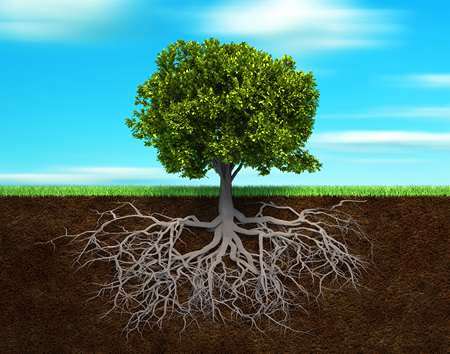
Highly resilient people don’t fall apart under pressure, crisis or stressful situations; they are able to cope well with adversity and learn valuable lessons from challenging experiences. They have developed a set of skills that allows them to bounce back from adversity. Resilience is also a critical skill if you want to foster a culture of innovation and change. If people can’t deal with failure, they will not even dare to take risks or attempt something new.
When everything seems to be going against you, remember…
that the airplane takes off against the wind, not with it
Our Resilience Model
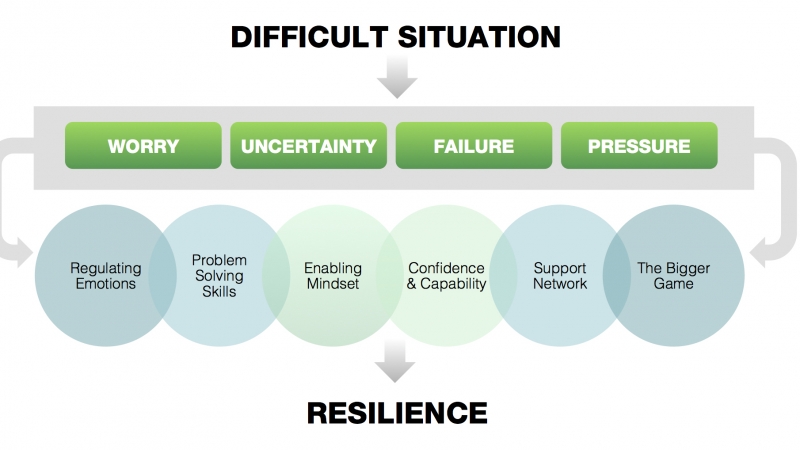
Our model explained:
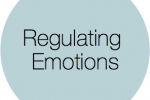
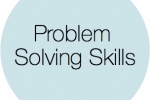
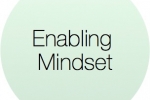
In adversity people experience worry, stress, uncertainty and defeat. Being able to regulate our emotions effectively is the first step towards resilience.
Once emotions are in control, we can look at the situation objectively and come up with solutions or alternatives that enable us to move forward.
The ability to reframe and look differently at the situation we are in, question our limiting beliefs and move into a proactive and positive state of mind.
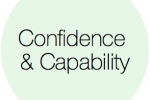
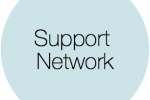

Here we explore how our strengths, skills, talents and previous experience help us to take action to solve or change the situation.
We learn to build support networks which provide support during adversity, how to be able to ask for help and how to create alliances that keep us moving forward.
When everything is lost and hope has left us, where do we go to find the strength to carry on? Here we look at what give us hope beyond ourselves.
In this video, Ernesto Moreno explains Expanding Leadership’s Model of Resilience. Further information is available if you contact us directly.
Upon completing this course, participants will be able to:
- Become more tolerant to uncertainty, anxiety and stress
- Understand the strength and values that help them become more resilient
- Operate from a more assertive and resilient mindset
- Be more comfortable with embracing failure
- Accelerate the process of bouncing back from setbacks and adversity
- Deal with stress, worries and work pressure more comfortably
- Reframe challenging situations and learn valuable lessons from difficulty
- Implement problem solving and creative skills
- What is Resilience?
- Resilience as a Process
- Building Blocks of Resilience
- What hinders Resilience?
- Dealing with uncertainty/ambiguity
- Developing response capability
- Developing resilience confidence
- Creating a resilience network
- Emotional Intelligence
- Empathy as a process
- Regulating ‘Emotional Highjacks’
- Reframing situations
- Learned optimism
- Perspective taking
- Growth vs Fixed mindset
- Handling setbacks
- Handling worries and anxiety
- Handling stress and pressure
- Deconstructing a problem
- De-catastrophysing techniques
- The ABCD method
- Separation techniques
- Hope as a process
- Purpose and meaning
- Faith as an anchor
- Limiting beliefs
- Cultivating resilience
- Handling shock
- Crisis management
- Problem solving techniques
- Creativity as a process
- The resilient manager
- The resilient organisation
The following are some of the questions we explore with you in preparation for the course. They allow us to tailor the course to your specific needs:
- How do you define resilience?
- Why do you think resilience is an important skill to have?
- What are the consequences of not having resilience in your team?
- What would change if your people were more resilient?
- How would you know if someone is resilient?
- How would you know if resilience had increased in your team?
- Can you think of a time when you could have done with more resilience?
- Can you think of a time when resilience played a critical part in business?
- How does resilience sit amongst the company values?
- What do you believe are the sources of resilience?
- Do you think of yourself as someone resilient? If so, why?
Please get in touch to find out more and arrange a complimentary Discovery Session




